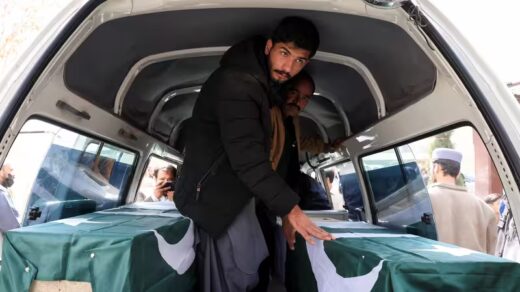
The Central African Republic (CAR), located in Central Africa, continues to grapple with persistent violence due to the presence of various rebel groups and criminal gangs. A recent tragic event spotlighted this precarious situation: on December 21, 2023, the village of Nzakoundou witnessed a deadly attack attributed to the 3R (Return, Reclamation, and Rehabilitation) armed group, resulting in the deaths of 23 civilians.
In response to this massacre, the United Nations (UN) acted swiftly. The UN’s mission in CAR, known as MINUSCA, deployed peacekeeping troops to the region with the objective of enhancing security and facilitating humanitarian access to the traumatized population. However, despite these efforts, the situation remains volatile and intricate.
The 3R group is just one of the many players in this complex landscape. CAR faces a myriad of rebel groups and criminal gangs that terrorize civilians and destabilize the nation. Some of these groups, such as the Coalition of Patriots for Change (CPC), even attempted to overthrow President Faustin Archange Touadéra’s government in December 2020.
Furthermore, the involvement of private security forces, notably Russian allies described as “mercenaries” by the UN, introduces an additional layer to this crisis. These forces, along with CAR’s military and armed groups, face accusations from the UN and international NGOs of committing crimes and atrocities against civilian populations.
In light of these challenges, the people of CAR express their outrage and demand justice. Opposition political parties, like the URCA, urge authorities to implement concrete measures to support victims, rebuild destroyed villages, and ensure the safety of civilians.
However, the Central African Republic remains embroiled in significant security challenges. The UN’s intervention is pivotal, but a comprehensive approach involving regional stakeholders is essential to address the root causes of the conflict and pave the way for lasting peace and stability.
Written by Imane Moumen


